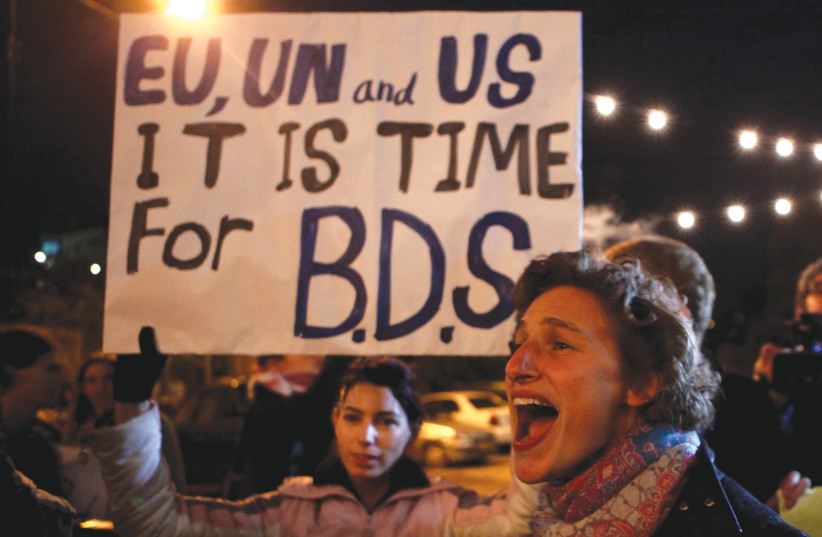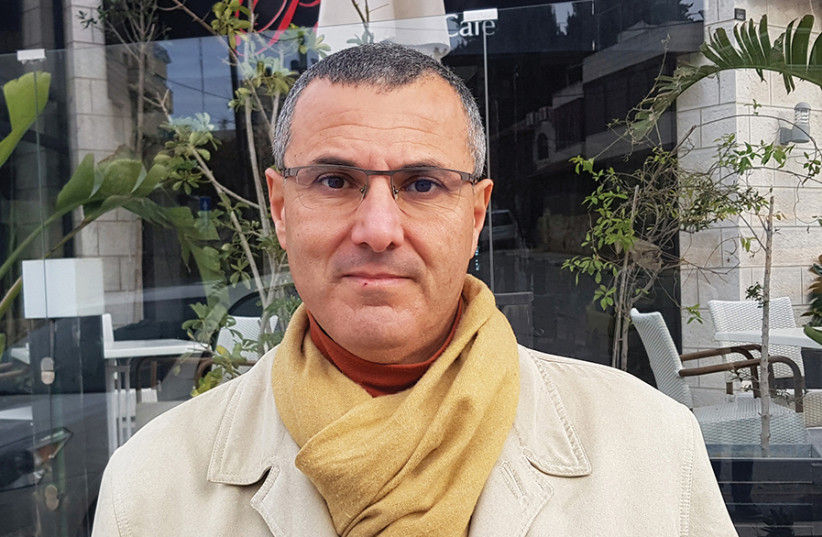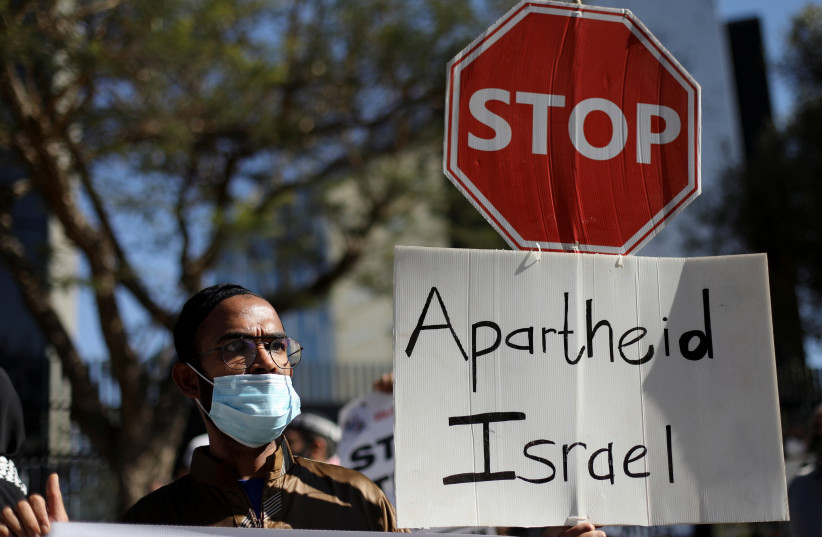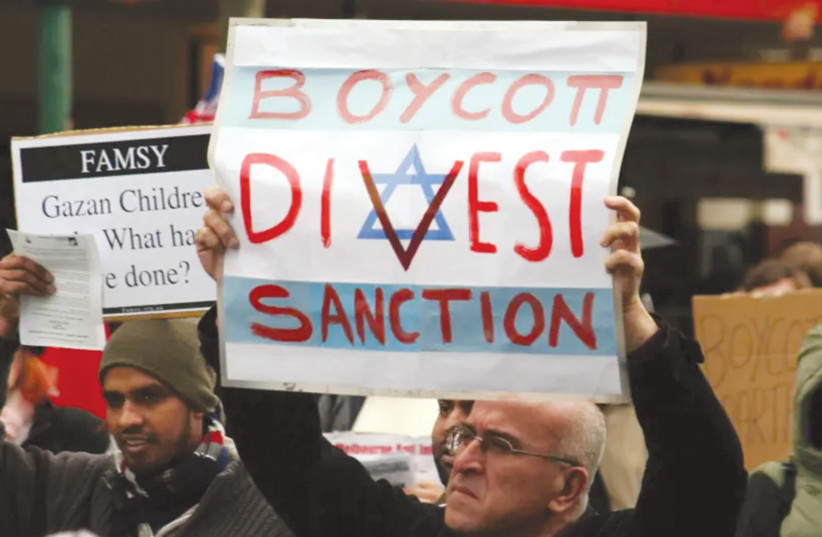An overwhelming majority of Americans, 84%, don't know much about the Boycott Divestment and Sanctions (BDS) movement, and 95% don't support the movement, according to a new survey by the Pew Research Center.
In a poll of the US public views on Israel and Palestinians, Pew found that 53% of Americans have not heard of the Palestinian BDS movement, and a further 31% of respondents had not heard much about it.
Of all American adults that were familiar and not familiar with BDS, it only received support from 5% of respondents. Of the 15% of Americans that knew something about BDS, a third supported it.
Among of the demographic segments, many groups that were the most familiar with BDS were also among the least supportive.
The demographic most knowledgeable and supportive of the movement were American atheists.

The margin of error from over 10,000 participants was 1.5%.
<br>Democrats and Republicans on BDS
Supporters of the Democrat party are less likely to know about BDS than those that identify with the Republican party, but Democrats are more likely to support the movement — Though that support is very limited.
17% of Republicans have some familiarity with BDS, compared to 15% of Democrats. Only 7% of Democrats leaning Americans support the BDS movement, and 2% of Republicans.
<br><br>The old and young on BDS
The American age demographic that knows the least about BDS is the 30-49 range, with only 13% having heard about it. 17% of other adults have heard of BDS.
Younger Americans are almost twice as likely as other age groups to support BDS — Eight percent of adults 18-29 said they are pro-BDS, whereas, 4-5% of other US adults are pro-BDS.

<br>Religion and BDS
Among the American Christian groups polled, white evangelicals were the most likely to have heard of BDS — 18% of them — But only about 1% of white evangelicals said that they supported BDS.
Black Protestants and Catholics were the most likely among American Christians to know about BDS, but only 4% of Catholics supported BDS, as opposed to 7% of black Protestants — Making them the Christian group to identify the most with BDS.
21% of atheists have heard of BDS, making that demographic group the most familiar with BDS amongst their fellow Americans. 13% of atheists support BDS. 15% of agnostic Americans knew about BDS, and 8% of them supported it.
A 2020 Pew Survey of American Jews. showed that about half know about BDS, and 10% of them support the movement.
The more religious, orthodox, older, educated, and politically conservative Jews were more familiar with BDS. Less religious, younger, more educated, and Democrat-leaning Jews were more likely to support BDS.
What is BDS?
BDS identifies itself as a " Palestinian-led movement for freedom, justice and equality" that holds that Israel is a colonizing power "discriminating against Palestinian citizens of Israel."

BDS pushes for cultural, political, and economic boycott of Israel in public and private spheres, which it attempts to achieve through activism campaigns such as Israel Apartheid Week.
The objectives of the movement are for Israel to end "its occupation and colonization of all Arab lands and dismantling the" security barrier, that Israel accepts "the right of return" and property claims of all Palestinians who were refugees from pre-1967 Israel and their descendants, and provides "full equality."
Zionist critics assert that accepting such demands would result in the dissolution of the state of Israel and the loss of its identity as a Jewish state — Which some leaders and founders of BDS have confirmed as a desired outcome of BDS's objectives.
The movement has grassroots groups, activists and organizations around the world that advocate for its policies, but there is an umbrella leadership council, BNC, that develops strategies, programs, coordination and direction for BDS.
Critics of BDS note that some of the organizations and unions that sit on the BNC have affiliations, or leading members that are affiliated with, terrorism.

